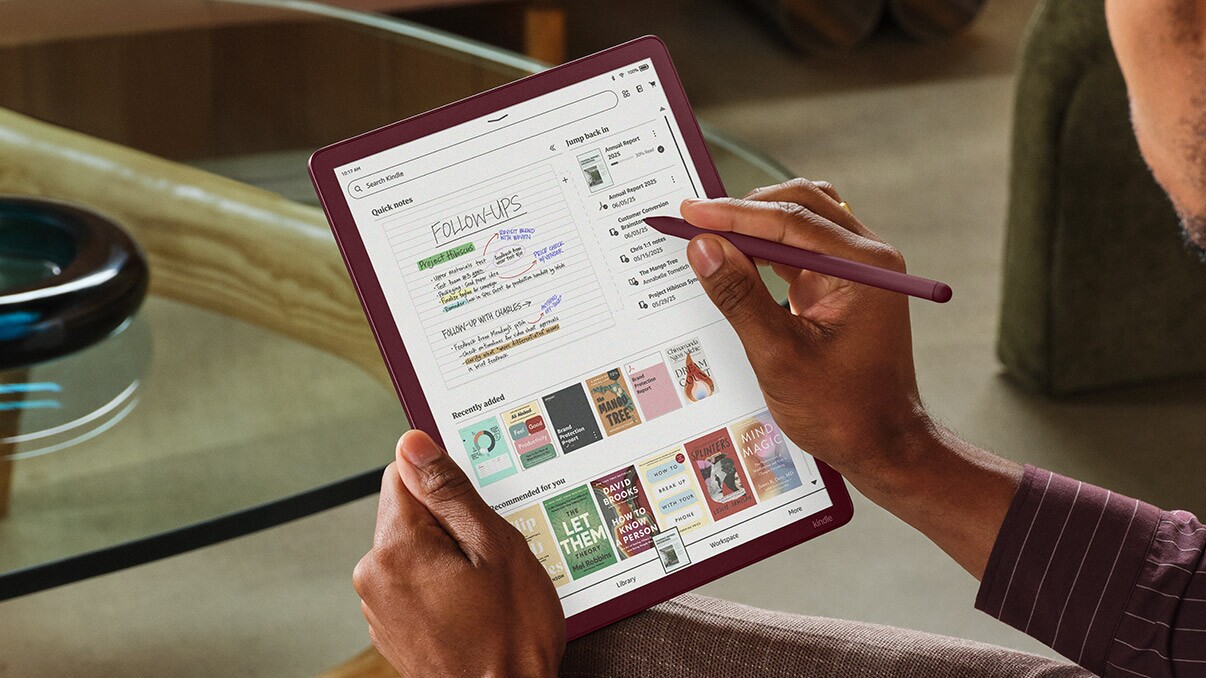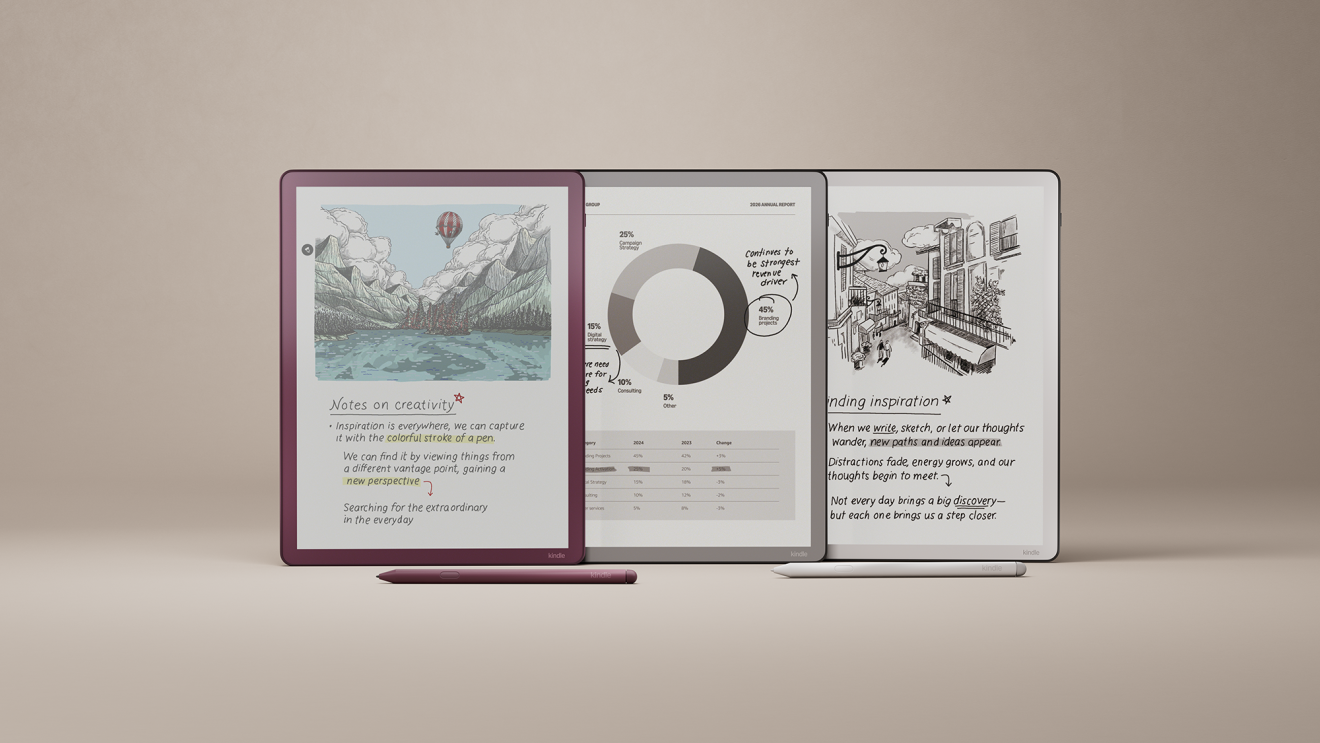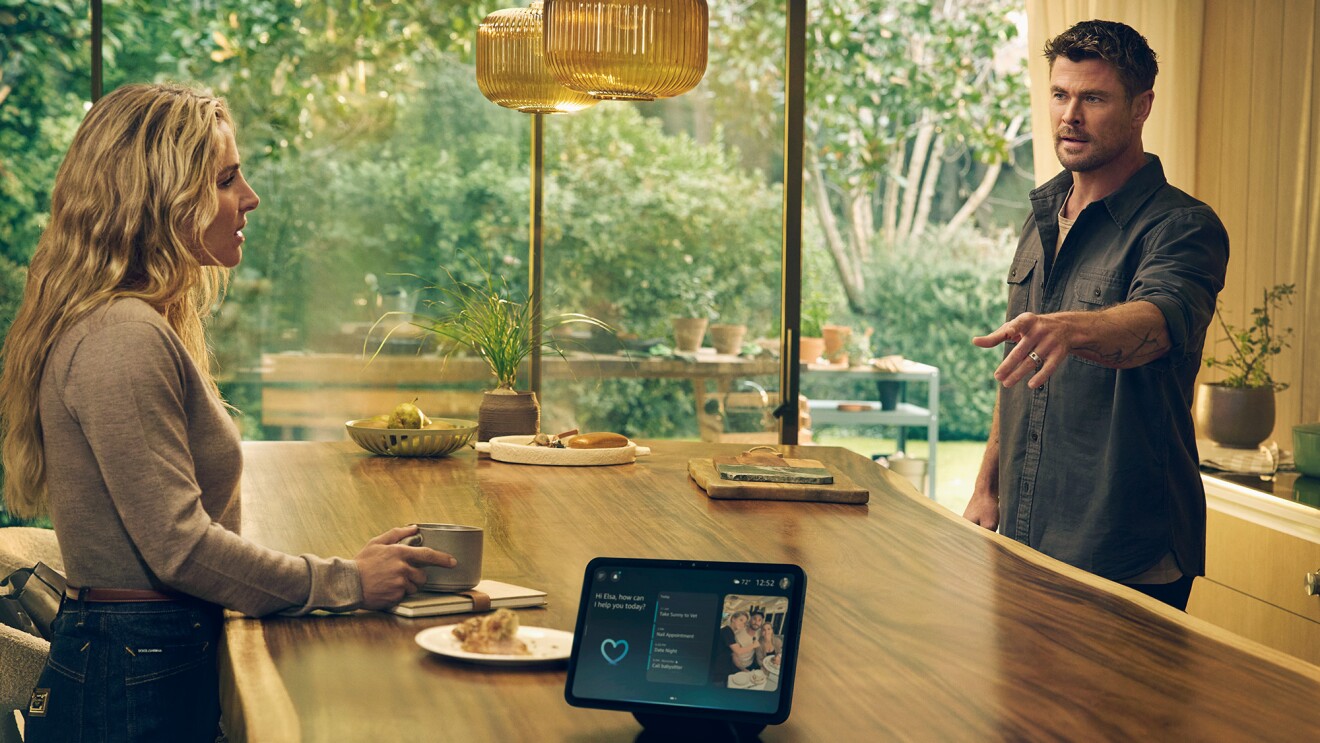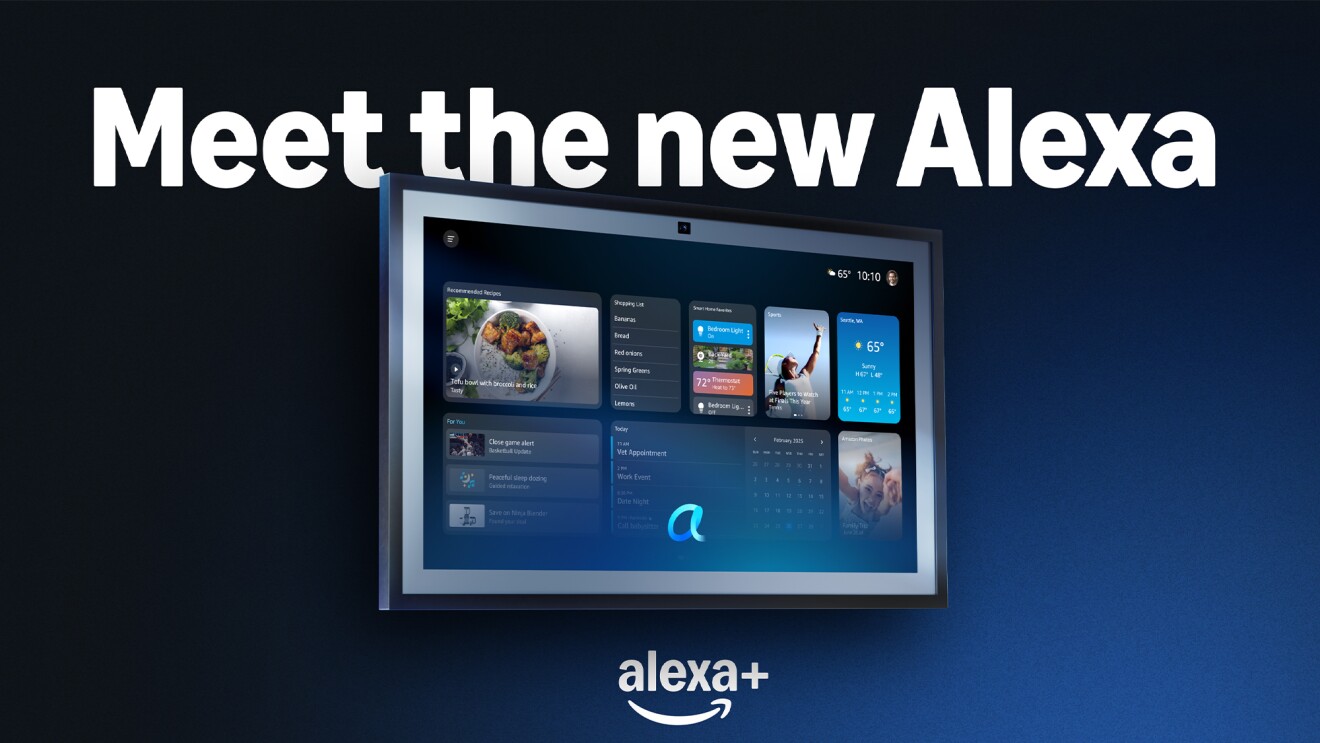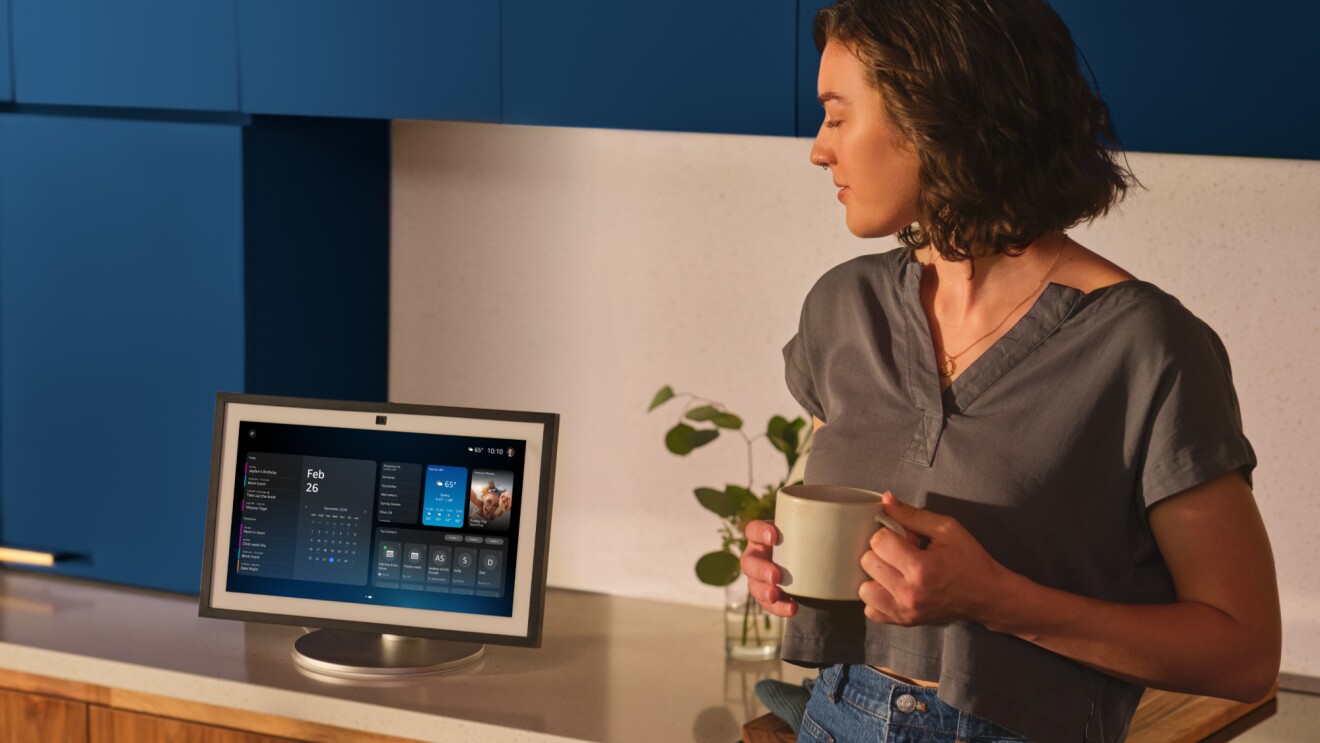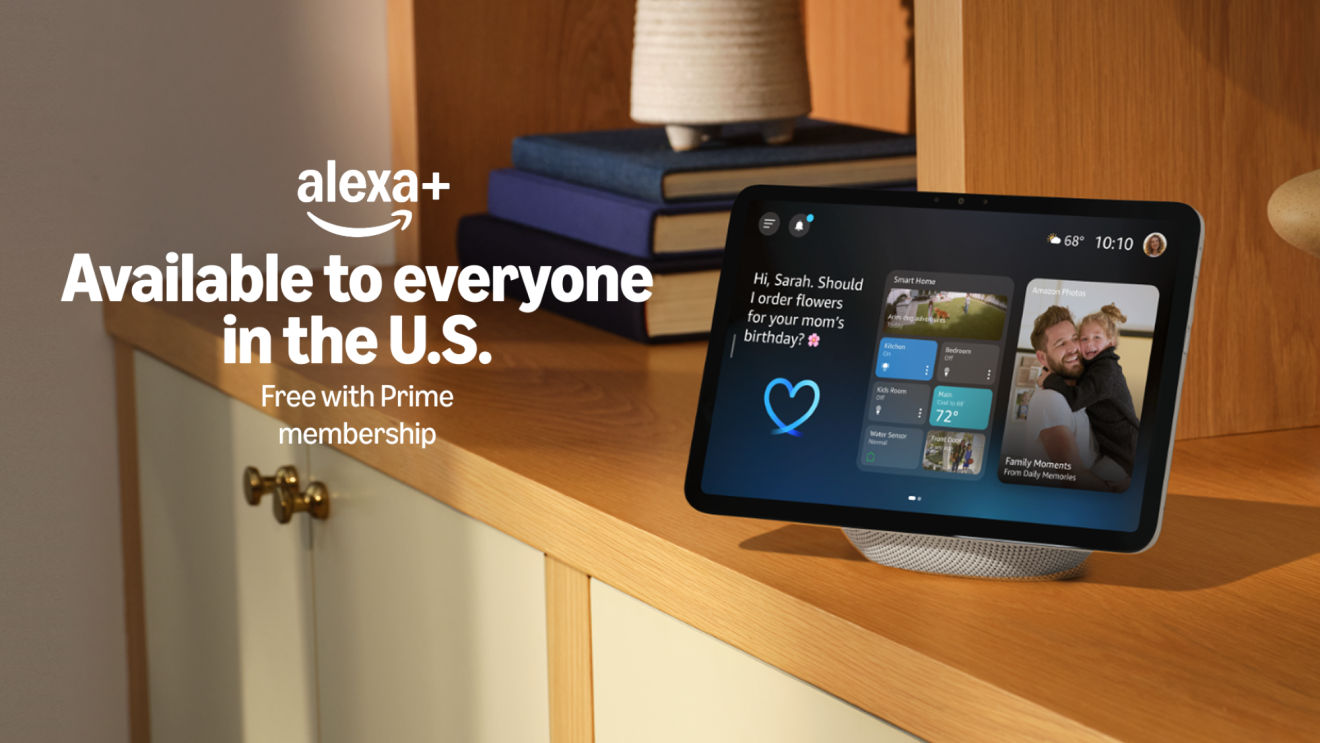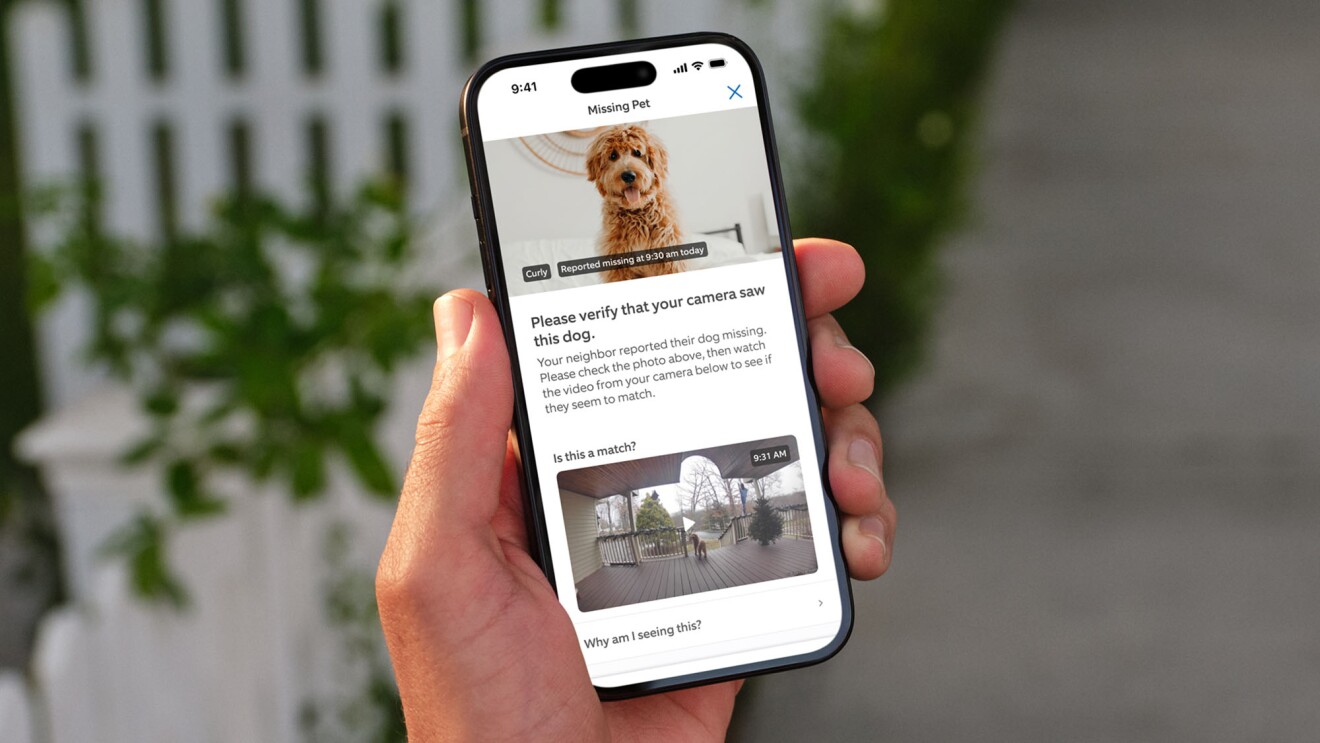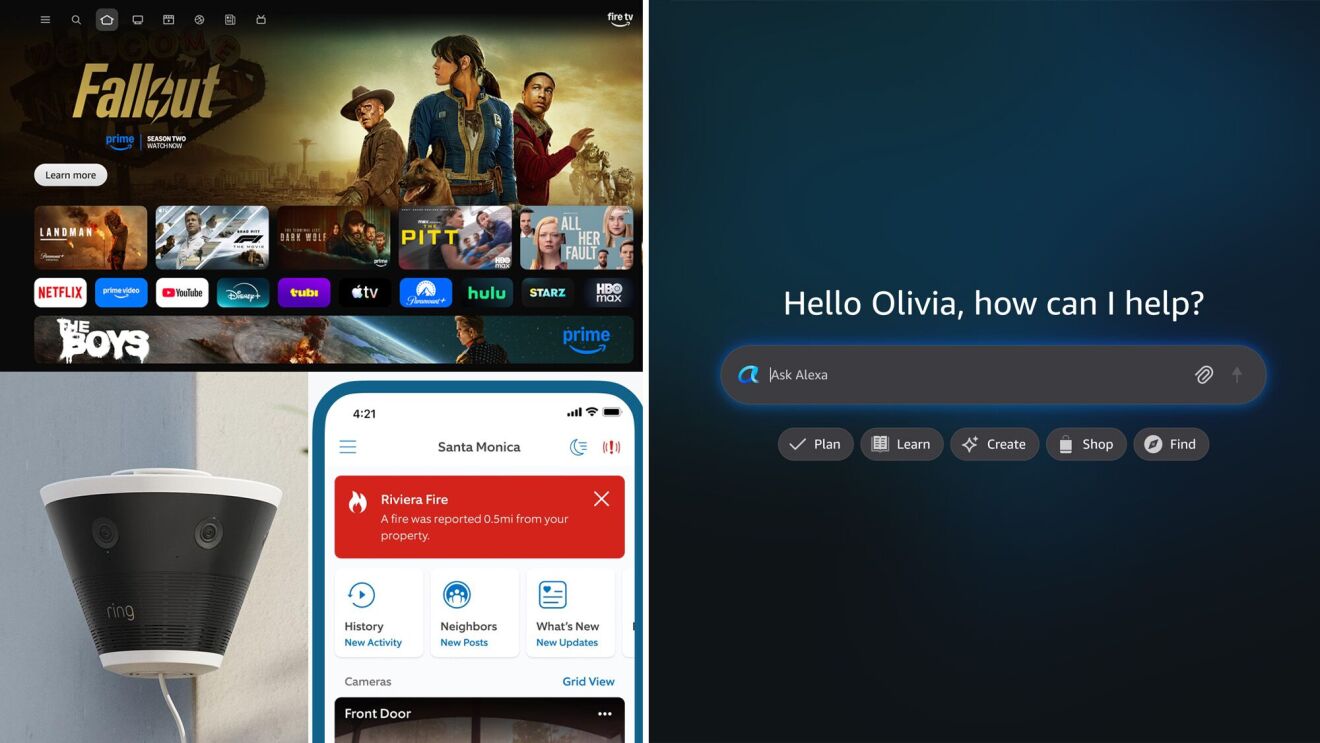Music is synonymous with energy, movement, and change: dancing with a live band, the gestures of a musician, sound waves vibrating through the air. Once recorded, however, a song becomes a fixed experience that only varies depending on whether it’s played on headphones, speakers, or in surround sound.
But what if the sounds you’re listening to could change depending on how you’re feeling or what you’re doing? Sense your current surroundings, shift on the fly to complement your daily activities, and become a part of your environment? What if the music could know you?
That is what Endel aims to achieve. Founded in Berlin in 2018, the company creates personalized soundscapes to increase focus, reduce stress, and aid sleep—all by utilizing the environment and information surrounding the user.
Endel’s program is built around circadian rhythm, the 24-hour cycle that governs sleep and energy levels. The app utilizes location tracking of whatever device you’re using to determine local weather and your exposure to natural light, depending on your latitude and the time of day. It can also funnel information about heart rate and movement.
“It affects the intensity of the soundscape that you're listening to,” said Oleg Stavitsky, Endel’s CEO and co-founder.
Taken together, the unique influences of these variables create a truly immersive soundscape that feels as if it’s tailored to you alone. How does it do it? With help from Alexa.
Soundscapes that transform with you
Launching the experience is straightforward: Say, “Alexa, start Endel,” choose a setting, and the app will generate a unique, endless kind of electronic music that can be accessed from any number of devices. For example, if you’re working at a café, pull out your phone and say, “Alexa, open Endel and play ‘Focus,’” and you’ll be treated to a soundtrack that takes inspiration from driving techno beats.
If you’re out for a walk, you can tell your smart watch to open Endel and play “Relax” to hear a soothing soundscape. If you’re in bed, you can tell the Echo Dot on your nightstand to play Endel’s “Sleep” mode until 7 a.m., and you’ll be lulled by a slumber-enhancing serenade.
Endel is eyeing a world in which its soundscapes are seamlessly integrated into listeners’ environments. The sounds might pulse or flow, rising with intensity based on the time of day or what you’re doing, or the local weather, creating a never-ending, always-changing personal environment of sound.
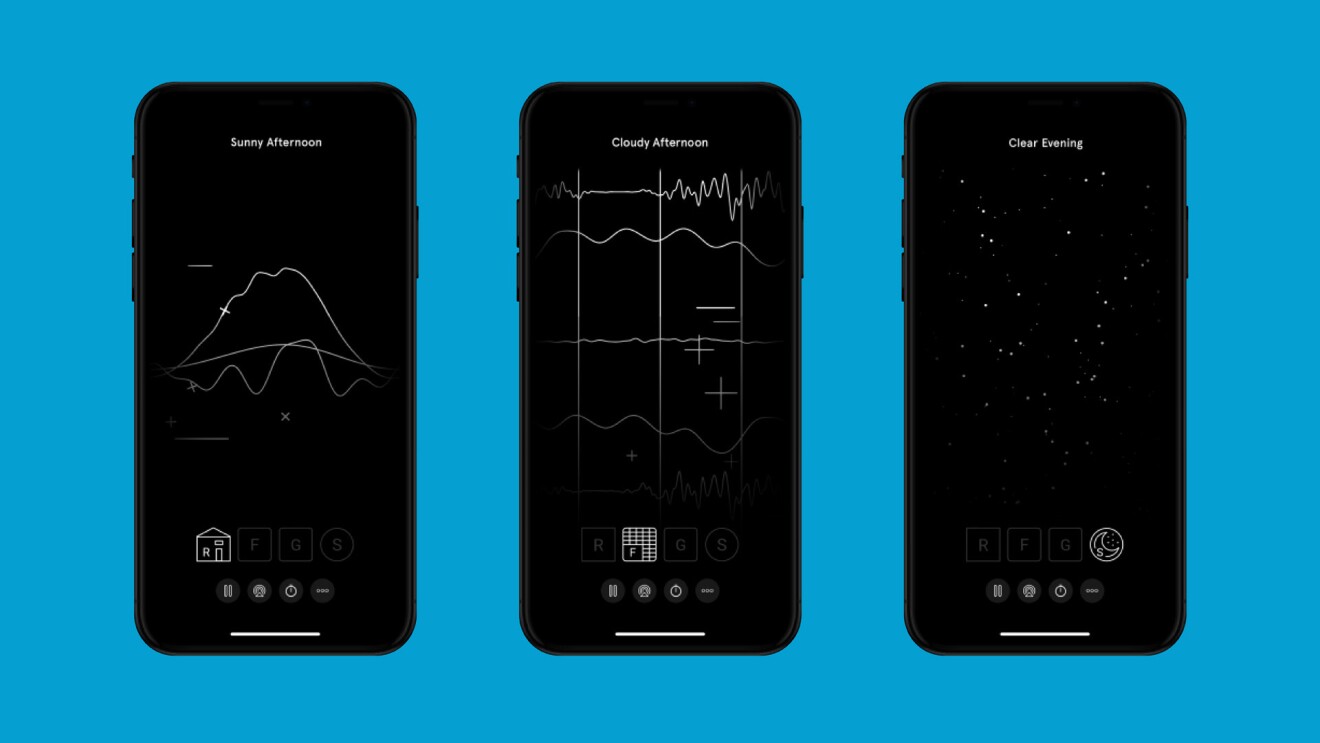
In the last year, Endel has created a new category: dynamic compositions with artistic partners. The company has released collaborations with pop artist Grimes and minimalist techno legend Plastikman. Now, Endel is forging a new genre with a soundscape featuring words from legendary philosopher Alan Watts. (On July 21, the Endel team will take the virtual stage as part of Alexa Live 2021, Amazon’s free online conference for its community of skill and device developers, partners, and anyone interested in the future of voice technology.)
Growth, support—and famous collaborators
Endel was founded amid the rise in playlists on streaming services and developments in wireless headphones and smart speakers. “You could see how sound was becoming increasingly mobile,” Stavitsky said. “It was easier than ever to have it following you wherever you go.”
Stavitsky and the company’s other founders were inspired by ambient and minimalist music, and motivated by a sense that tech overload was causing mass anxiety. What if they could harness that technology to create a generative soundscape that could aid you in your daily life?
To support development, Endel took part in the TechStars Accelerator, which helps entrepreneurs. The company also sought investors that included the Alexa Fund, which assists innovative voice-based companies that are pushing the possibilities for sound.
“We want somebody who is really inspired to change something in the world and for their customers,” said Kamila Rakhimova, who leads Alexa Startups, which manages the Alexa Fund’s portfolio of companies and works with startups on product innovation.
The Alexa Fund was interested in the potential of Endel’s ambient computing framework. Ambient computing refers to the idea of applications becoming seamlessly integrated into daily life without conscious action from users. Endel works across almost any connected device that’s capable of playing music: smartphones, smart watches, virtual assistants, smart speakers.
“A service that exists across multiple environments is really fascinating,” Rakhimova said. “It’s a pretty big deal.”
The Alexa Startup and Alexa Fund teams helped Endel develop its Alexa skill, providing technical support and expertise for the launch of its mobile app and skill. The app rose to the top spot on Apple’s rankings and won the title of 2020 Apple Watch App of the Year.
After the launch, Endel got an email from a user who said she’d had trouble sleeping but that the app helped her finally get some rest. She asked if Endel would be interested in letting her build another “Sleep” mode?
That user was Grimes, the pop music artist.
Grimes, then a new mother, had been using white noise machines to lull her baby to sleep (and to get shut-eye herself). But she felt she could create something better, merging her interest in improved sleep with art and technology. From their first meeting with Grimes, the Endel team wanted to work with her. They were, as Stavitsky put it, a “vibe match.”
The making of an AI soundscape
Endel songs are composed through artificial intelligence, which combines melodies and stems—or snippets of music—from a large sound library. To create the soundscape called “AI Lullaby,” Grimes submitted audio building blocks for the algorithm, which included stems of chords and vocals.
“This is a very practical and clear manifestation of how AI and machine learning work. They take the artist’s input, apply a really strong algorithm—and off it goes,” Rakhimova said.
The October 2020 launch of “AI Lullaby,” a twinkling and ethereal soundscape, was a hit, with write-ups in The New York Times, Rolling Stone, and other publications. A teaser video on YouTube with a 90-second sample received more than half a million views.
After the positive reception of “AI Lullaby,” Endel turned its focus to a collaboration with Plastikman. The result was a thrumming, intense “Deeper Focus” soundscape, which fans of the techno superstar said captured his signature sound.
With two successful musical collaborations under its belt, Endel was ready to try something completely different: integrating music with words of wisdom from famous Zen thinker Alan Watts.
Creating a “Wiggly” state of mind
Though Watts, a British writer known for popularizing Buddhism in the West, died in the 1970s, Endel partnered with the Alan Watts Organization to leverage some of Watts’s most popular archived speeches. The name of this soundscape? “Wiggly Wisdom.”
This soundscape, released June 17, can be played in the background or used for active meditation. Endel fed two famous speeches into its library for “Wiggly Wisdom.” The first, “World as Play,” discusses identity, the false division between work and play, and the illusion of time. The second, “Pursuit of Pleasure,” covers rigidity, finding enjoyment in life, and escaping the past.

Brief snippets of the speeches intermingle with sounds that complement Watts’s unique timbre. When users access “Wiggly Wisdom” with their phones, they’ll also be treated to a unique, generative visual to accompany what they’re hearing.
“We wanted to create a new way to experience the words of Alan Watts,” said Stavitsky. “It’s unlike our previous collaborations in that we’re blending spoken word with generative soundscapes. In turn, we created an entirely new way to experience this kind of content. Instead of listening to a lecture from start to finish, the words flow in and out to gently inspire you.”
The future of sound is the future of Endel
Endel foresees a future in which personalized soundscapes are a new type of music—functional music—that sits alongside traditional releases. “I could see an artist releasing an album, a single, a music video, and a functional soundscape version of their work,” Stavitsky said. “This is a new format.”
To that end, Amazon has helped people imagine those possibilities and “instigate new ways of thinking about, ‘What is an artist? What does an artist’s content look like?’” said Paul Bernard, director of the Alexa Fund. “The Alexa Startups team has made an investment in these kinds of abstract questions and the complexity of figuring out all of these different angles.”
Rakhimova envisions a world in which Endel works across connected devices to automatically integrate into individuals’ daily routine. “Let’s say I do Peloton yoga,” she said. “As soon as that’s over, I would want the Endel experience to kick in.”
Endel is striving to create unique experiences for each of those contexts and experiences. And just as kids now find it quaint that music used to be stored on spinning discs, the next generation may find it difficult to grasp that music tracks used to play out exactly the same way for everyone, every single time they listened to it.
For more information, explore the Alexa Fund and Alexa Startups, and tune in on July 21 as the Endel team participates in Alexa Live 2021.



